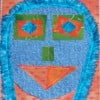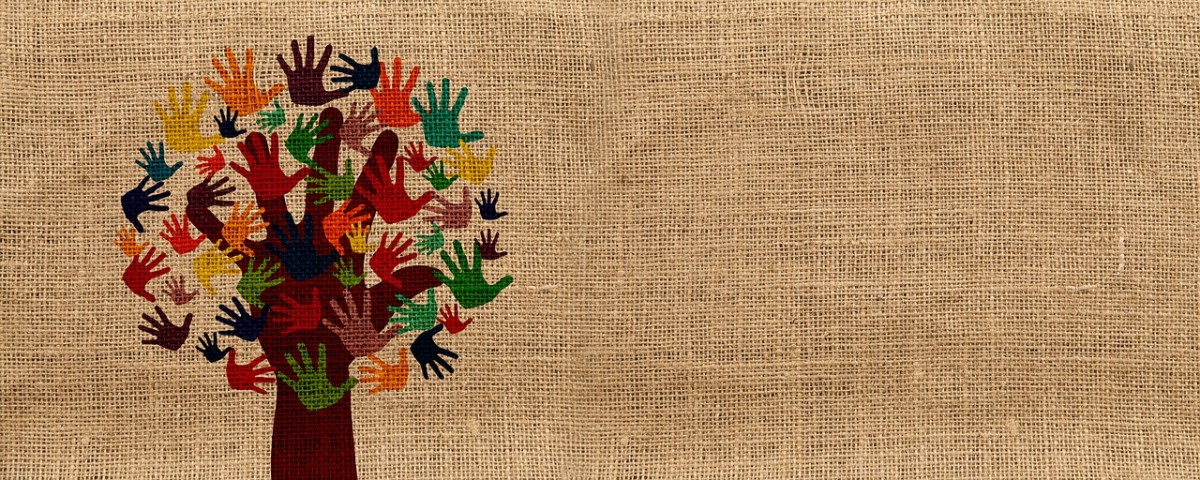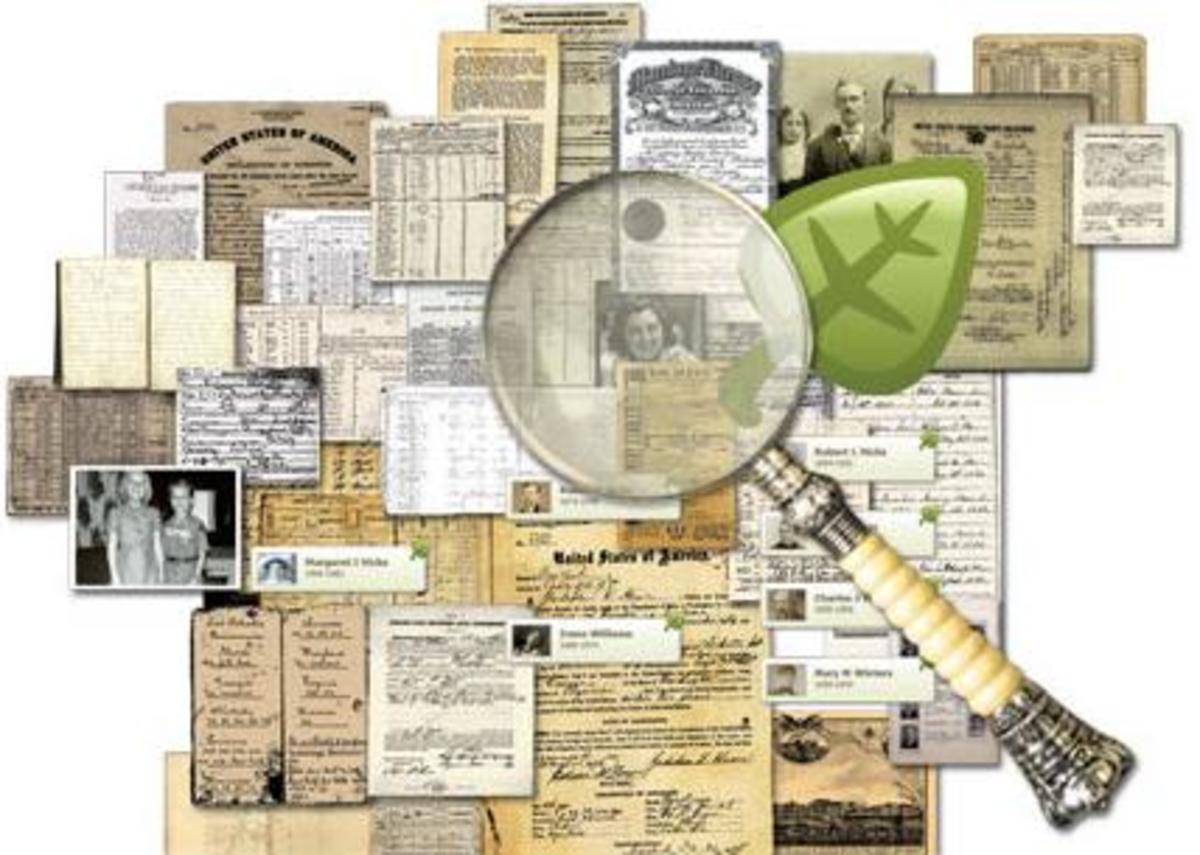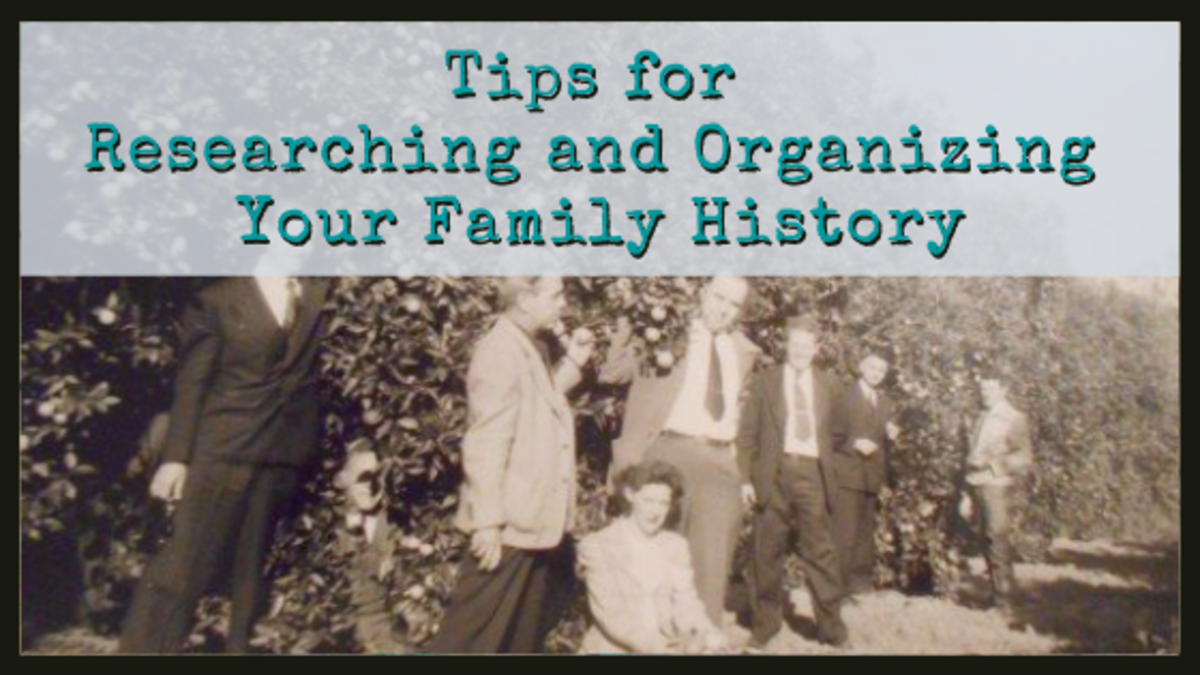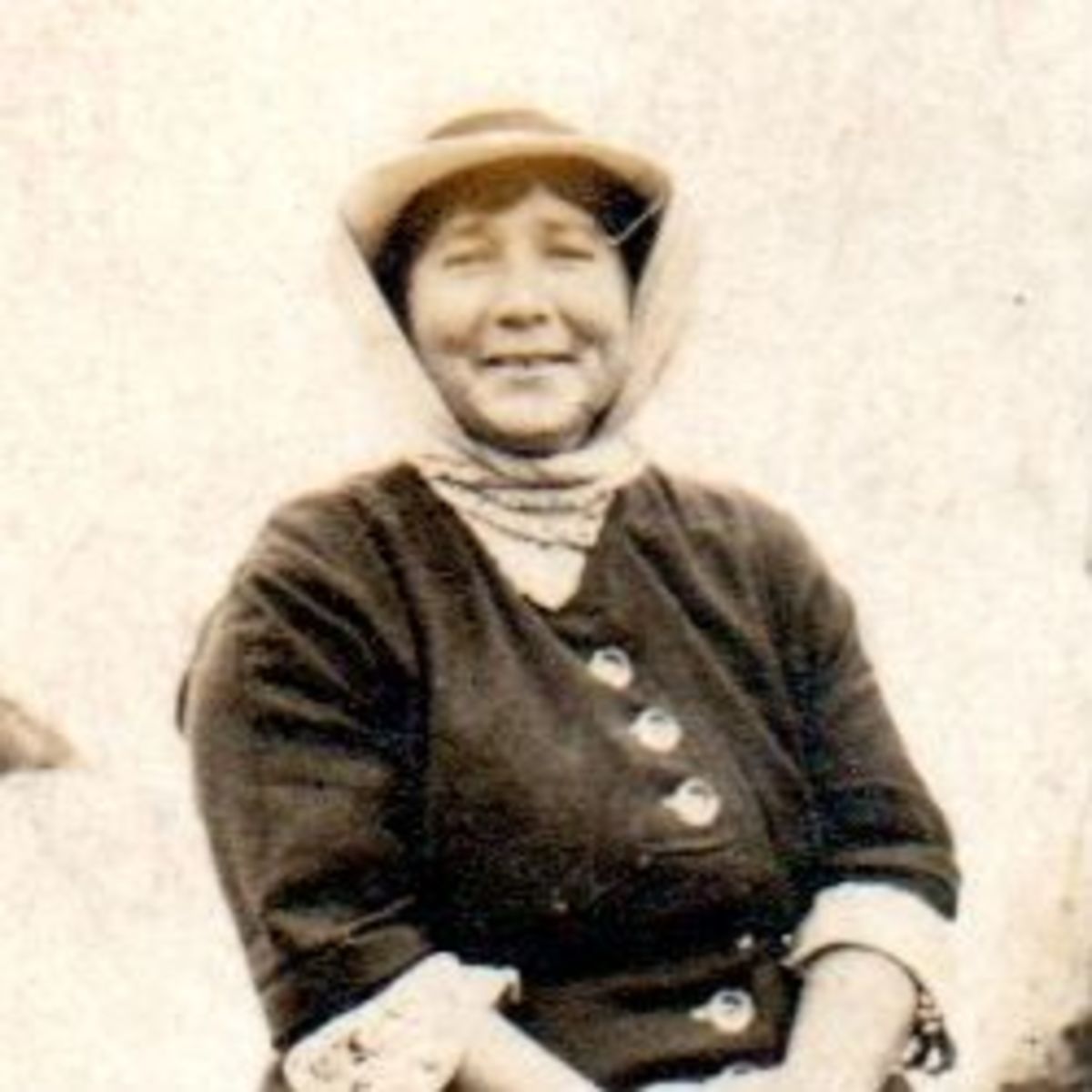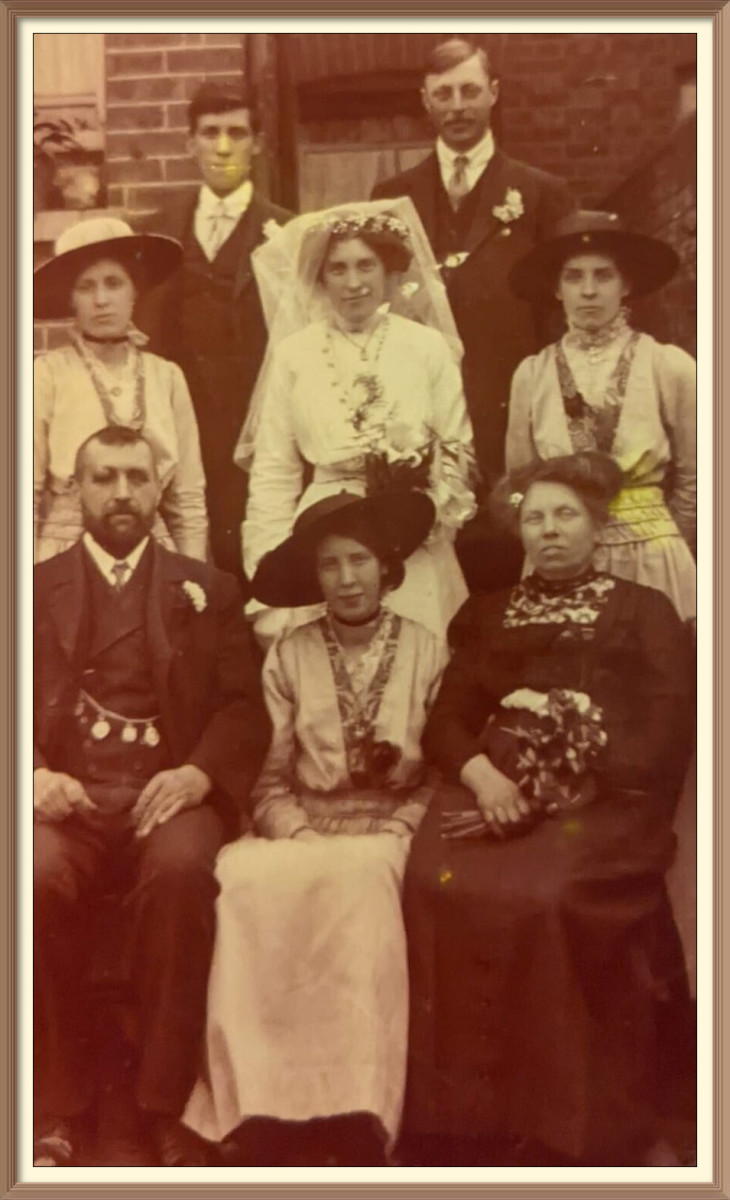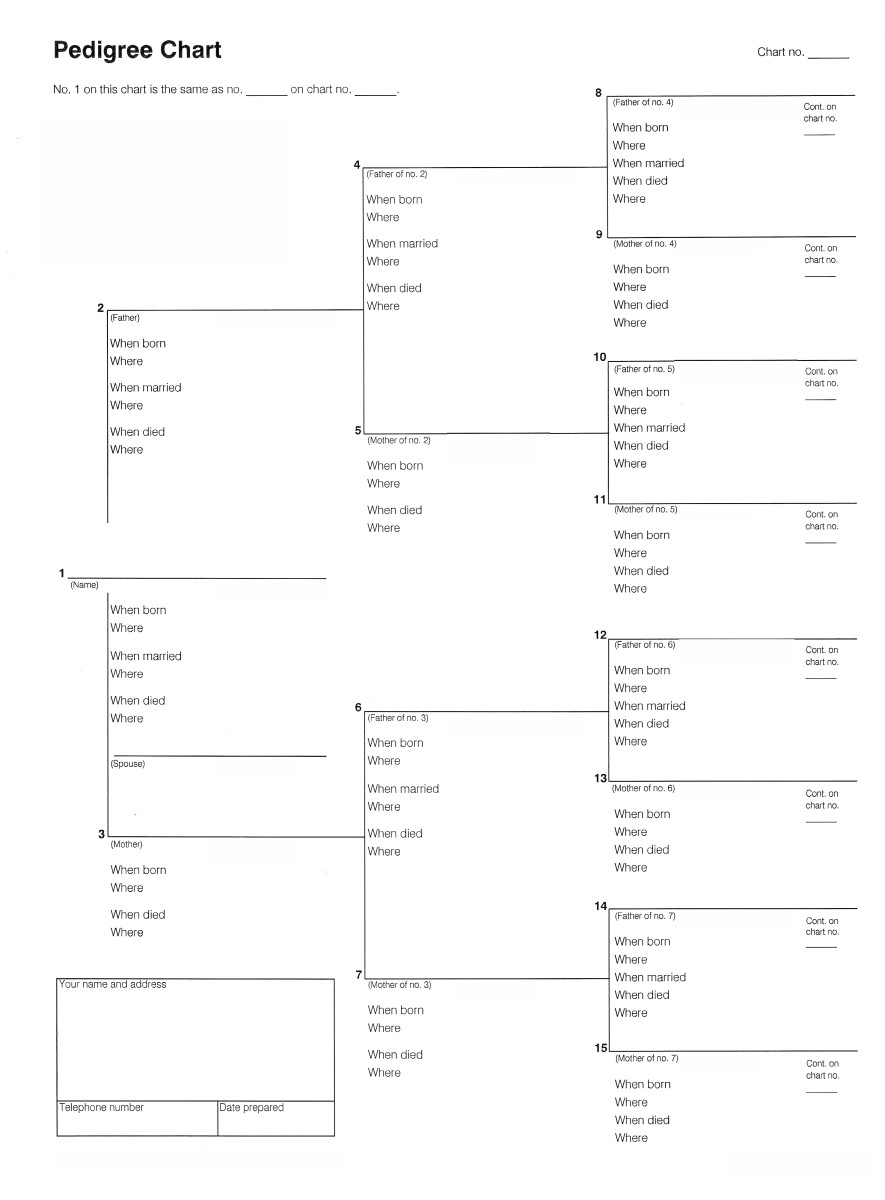Genealogy Volunteer Opportunities
The Family History Library has the largest collection of genealogical records in the world. It is a part of the Church of the Latter-Day Saints, but everyone can have access to its services. The library is based in Salt Lake City, Utah, but has branches all over the world.
And most importantly, it has a Family Search website, where you can search for your ancestors from the convenience of your own home. From this website, you can enter your ancestor's name, and find many different types of records, including birth records, death records, marriage records, military records and census records. Many times, an image is available that you can examine and download. All of this valuable information is provided free of charge. They have entered into partnerships with other companies to gather even more records, and some of these records may require a fee or membership to the partner's site, but it is completely voluntary
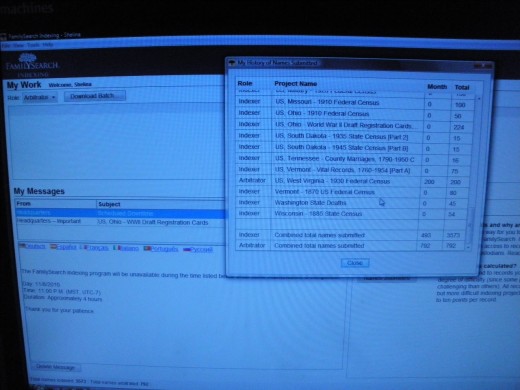
Genealogy Records at Family History Library
Because many of these records are indexed, it is easy to type in a name of an ancestor and find records you wouldn't have thought to look for. For example, I found birth certificates for stillborn children. I did not know these children existed, but this was likely a significant event in these parents' lives, and the record included the mother's maiden name.
The records are indexed by two different volunteers to ensure accuracy. Then an arbitrator (an experienced volunteer) will resolve any differences. That's three volunteers that are needed for each record.
Family Search Indexing
Volunteering to index some of these genealogy records gives you a chance to see these records early and lets you really get to know the records. It also lets you see how indexing works, which may give you some ideas about how to search for your ancestors.
Volunteering to index genealogical records also gives to the genealogy community. If a lot of people volunteer, the records will be available to the public faster, and with the indexing, it is much easier to find your ancestor. If more of us volunteer to index the 1940 U.S. census which was recently released in April, 2012, all of us will be able to find all of our family members much faster.
You can index the records at a Family History library, but you can also index them at home. To do so, simply go to the FamilySearch Indexing and sign up. The same user name works for searching for records, as it does for indexing. You can even do some practice indexing to see if this is for you. You will download some files which include the index viewer. Then start indexing. There is lots of help on the site that give you general information about indexing, and the specific project also has help for each field.
What I like about Family Search Indexing is that the job is broken up into small manageable pieces. Each batch only takes me a small amount of time, about twenty to thirty minutes. I can start and stop at my leisure. I can index for a few minutes while I am waiting for someone, or I can index all day if I choose.
I can also choose what type of project I want to work on. I can choose to work on records in my area, or the area of my ancestors. I can choose military records, Freedman's Bureau records, or census records. There are projects from all over the world from which to choose.
After you have experience, you may be asked to volunteer as an arbitrator. Then you can choose to work as an indexer or an arbitrator, depending on your mood that day.
Volunteering to Index FamilySearch Records
When I think about all the people who have indexed records, and how much those indexes have helped me in my genealogy search, I feel like I want to give back and index some more records. Together, all of us can help the number of indexed records grow, making it easier and easier for all of us to find our ancestors and other family members.
Volunteering from home is a great way to give back to the community. I can avoid transportation time, and fit in a little bit of indexing into a small space in my schedule.
I think it is a great way to say thanks to the people who have indexed before me by joining them.
© 2011 Shasta Matova
